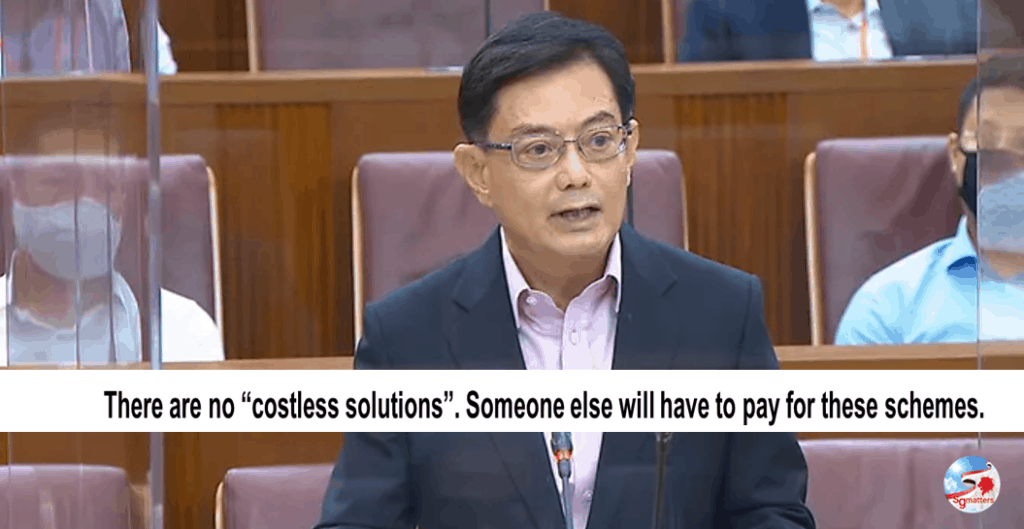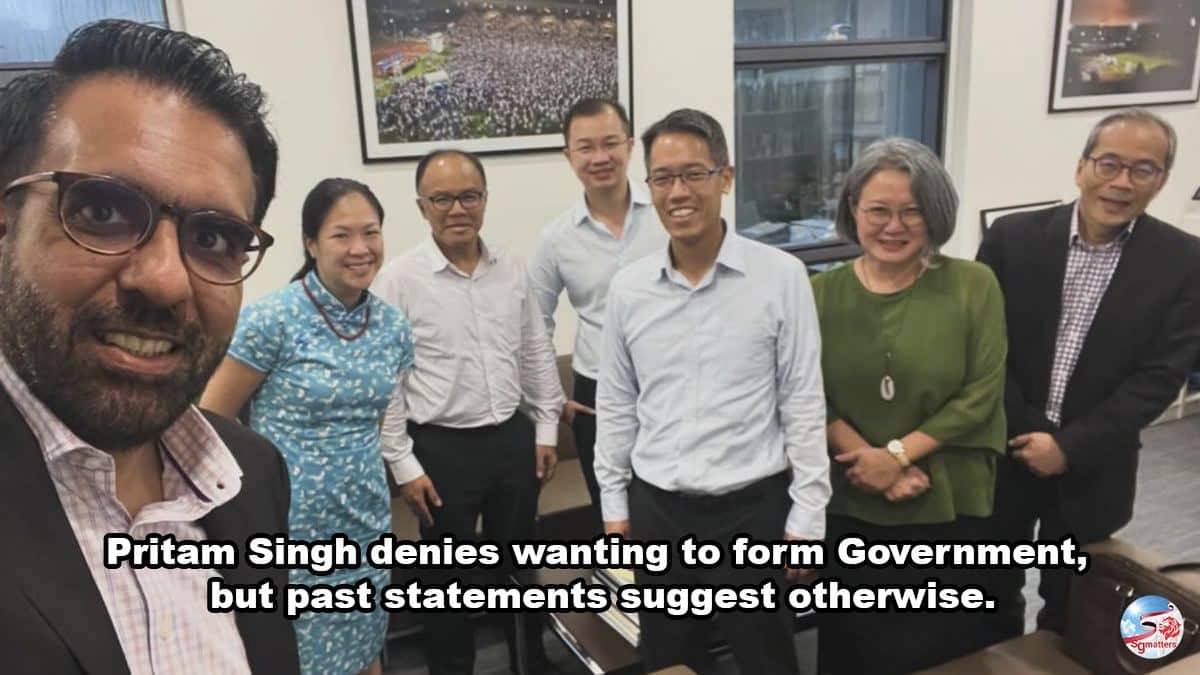Looking ahead, our economy will change at a much more rapid pace. Disruption to jobs will be more common with the greater adoption of technology, such as automation and remote work.
Take an integrated view of our economic and social policies
A job is the best form of welfare for our people.
The Government will ‘continue to invest in our people, match them to new opportunities, and bring out the best in all Singaporeans’, DPM Heng Swee Keat said during the debate on the President’s Address in Parliament on 31 August 2020.
“This way, we will keep social mobility alive,” he said.
Adapting social safety nets and keeping inequality in check
The Government will help workers to bounce back through this crisis and beyond, Mr Heng said.
Support for self-employed persons will have to evolve accordingly, Mr Heng said, as Singaporeans take part in the “gig” economy, and take on a wide range of jobs, either part-time or full-time.
The Government will continue to uplift our lower-wage workers, and enable our older workers to continue working if they wish to, Mr Heng said.
Minimum Wage, Universal Basic Income, Unemployment insurance: no magic bullets, no “costless solutions”
Mr Heng said the Government will keep an open mind to all these ideas.
But there are no magic bullets. Each of these ideas has its merits as well as unintended effects.
“We have to consider the trade-offs and be clear about what works for our context and our times,” he said.
Demands on our social safety nets are increasing.
Our revenue base is growing more slowly and with sharper competition for tax revenue across countries.
There are no ‘costless solutions’. Someone else will have to pay for these schemes.
“If we want higher social spending, taxes will have to go up. Or it will mean spending more at the expense of future generations, like what many countries are doing by raising debt,” said Mr Heng.
Mr Heng reminded the House that the Government has provided almost $100 billion of support for Singaporeans and businesses this year, ‘without incurring a single cent of debt, because we were able to fund over half of this using past reserves.’
[irp posts=”2825″ name=”Legislate $1300 as the minimum and have your pay reduced to $1300″]
Strengthen safety nets without undermining the individual’s efforts

A social safety net cannot become a set of shackles, said Mr Heng.
“It should not hold down those who started with less. It should not create dependency, such that people who get fish for today, never learn how to fish for food tomorrow. It should not breed an entitled class who asks: ‘What more can you do for me?'”
“A well-designed social safety net protects the vulnerable, invests in human and societal capital, and provides a means for those who fall down to bounce back. It gives hope and builds confidence. It believes in people and lifts the human spirit. It supports every generation to have aspirations and dreams, and for everyone to ask: ‘What more can we do for one another?'”

Mr Heng reminded members to “keep in mind how new enhancements can be funded equitably and sustainably over time, and strengthen our people’s capacity to not only succeed throughout life but help others succeed too. These are the values that we must strengthen, even as we adapt.
[irp posts=”2487″ name=”WP Jamus Lim is ‘politicking, and pulling a fast one over your eyes – plain and simple’: Donovan Choy”]





